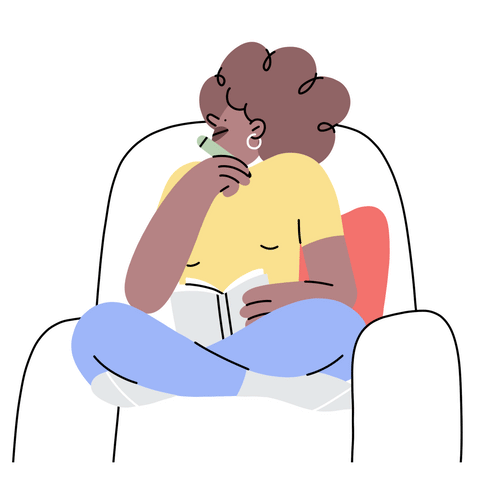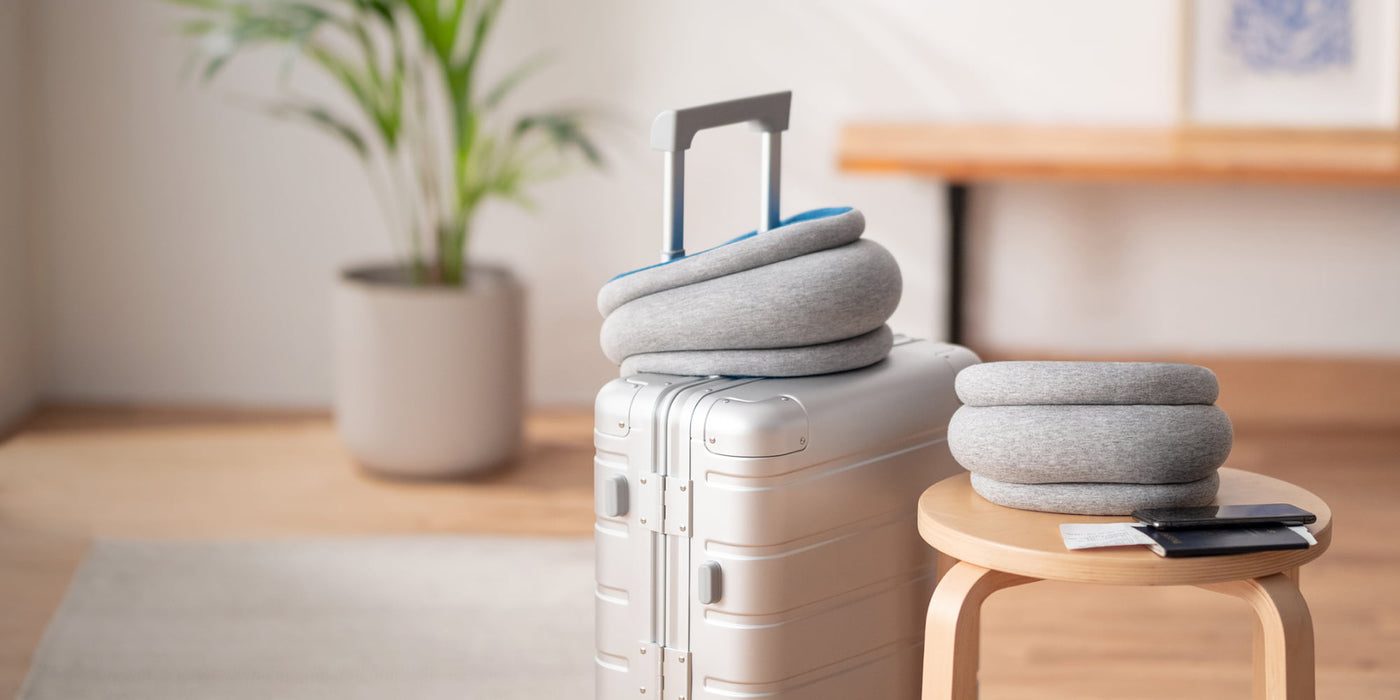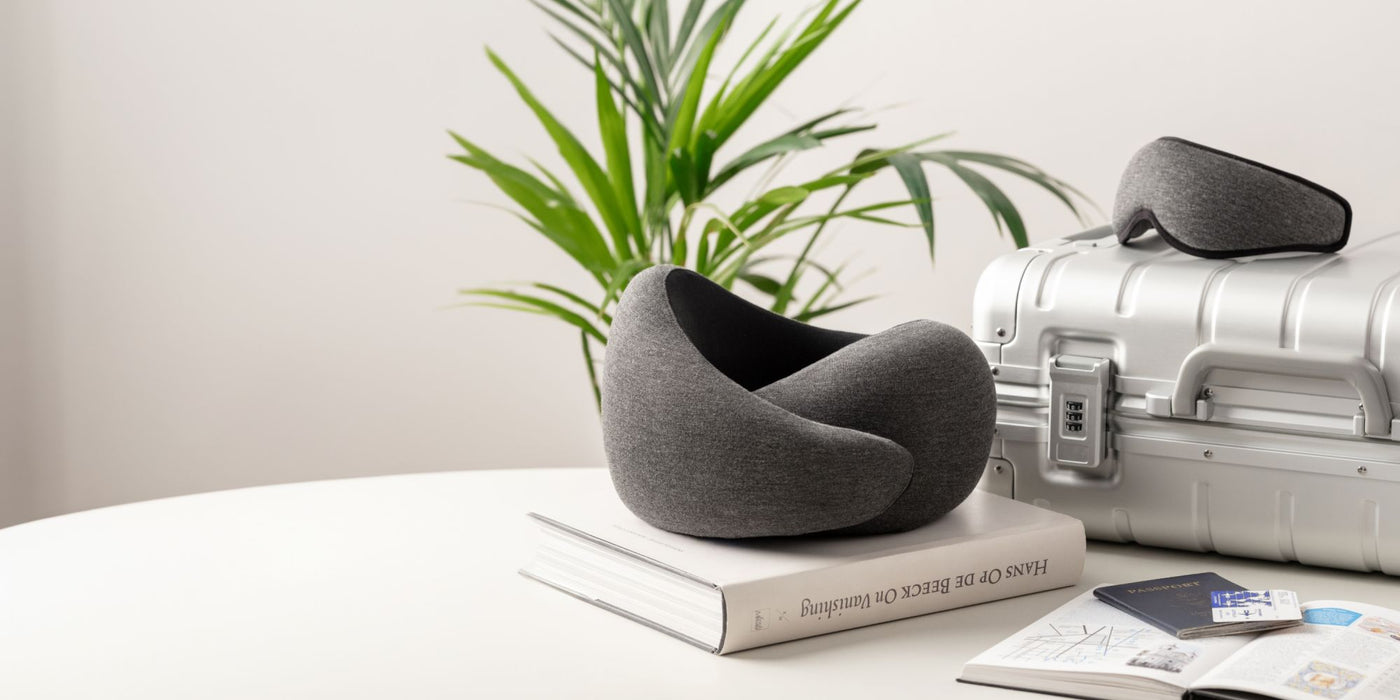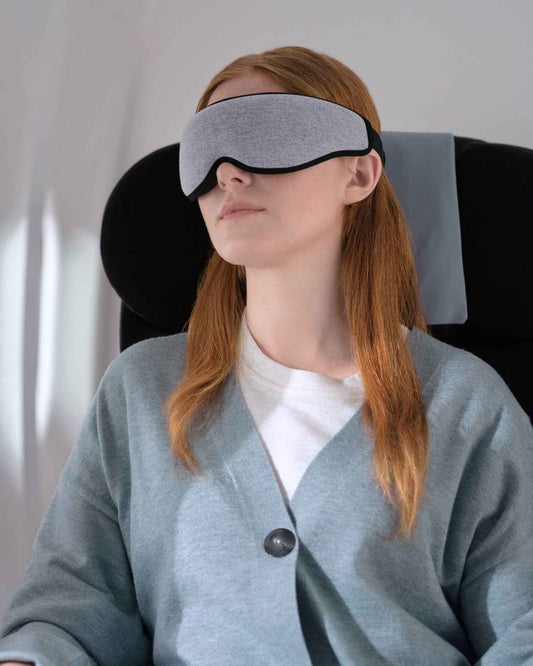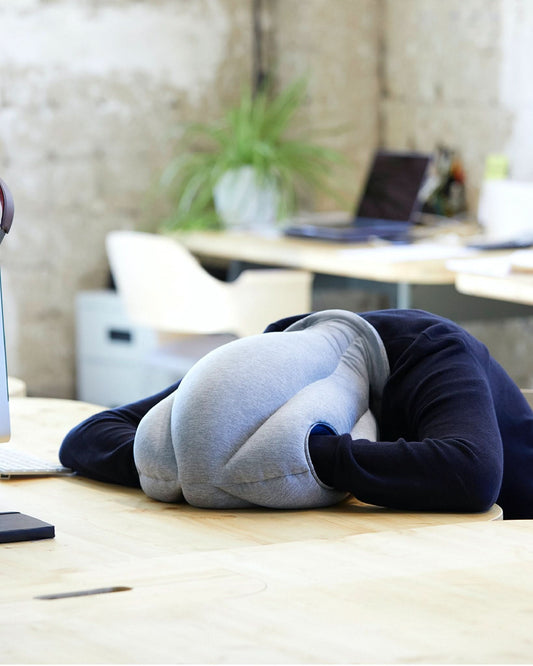Board Certified in Psychiatry and Sleep Medicine and doctor in Intrabalance, Nishi Bhopal explains his vision of Self-Care and how important it is to have a good sleep routine for our overall wellbeing.
1. What does Self-Care mean to you?
To me, self-care means nourishing the body, mind, and spirit in such a way that supports your personal growth and development.
2. Where were you (physically or emotionally) in your life when you realized Self-Care could be helpful for you?
During my medical residency program, I experienced high levels of stress, anxiety, and burnout. It was then I was introduced to a regular practice of yoga and meditation. I didn’t know it at the time, but it was a powerful form of self-care that helped to support me through a difficult time.
3. Do you have a particular Self-Care routine? When do you practice it?
In the mornings, I do my yoga and breathing practices. There are some mornings that I don’t feel like getting up to do it, but remembering how much the practices support me keeps me going. Self-care is not always easy! In the evenings, I’m mindful about setting a cut-off time for work and getting to bed on time, as sleep is an important aspect of my self-care practice.
4. What has your career been like to become an expert in the field of sleep?
I did my specialty training in psychiatry first, and saw how important sleep was for my patients’ physical and mental health. After my psychiatry residency, I went on to complete subspecialty training in the field of sleep. The world of sleep science is fascinating, as we’re learning so much everyday and there are always new discoveries to read about. It’s an ever changing and evolving field, which is exciting to me.

5. At your company, Intrabalance, you highlight the importance of sleep in our overall health. Why do you think sleep is usually so neglected?
We live in a sleep deprived society, and many people don’t realize just how important sleep is for physical and mental health. There’s even a bit of bravado associated with being sleep deprived. However, this is starting to change as science is showing how much sleep impacts our overall health and wellbeing. Even large companies are taking note and including sleep health in their employee wellness programs.
6. Sleep is directly related to our physical health, but how can a poor sleep pattern affect our mental and emotional health?
There’s a bidirectional relationship between sleep and mental health, meaning that poor sleep can worsen your mental health, and mental health issues can worsen your sleep. When people experience sleep deprivation or disrupted sleep, it increases the risk of anxiety, depression, and even suicidal thinking.
7. Are there other factors that affect our sleep, such as nutrition?
A healthy diet is important for good quality sleep. Foods that are high in saturated fat, sugar, and low in fiber actually reduce deep sleep and cause more disrupted sleep. On the other hand, a diet that is high in fiber is shown to increase sleep quality.
8. Are other Self-Care practices such as meditation and yoga good allies for getting a good night's sleep?
A regular practice of meditation and yoga are shown to improve sleep quality. These practices help to increase activity of the parasympathetic nervous system, or the “rest and digest” response, which is conducive to a good night’s sleep.
9. What advice would you give to other people who want to start improving their Self-Care through sleep?
My main piece of advice is to make sleep a priority. With our busy lifestyles, sleep is usually one of the first things to be sacrificed. But when you sleep well, your mind and body actually function better. Give yourself an adequate amount of time to sleep every night and to rest. That is one of the best ways to take care of yourself.
10. Could you recommend some book/movie/podcast that has changed the way you think of Self-Care?
I love Kristin Neff’s work on self-compassion, because ultimately self-care is an expression of compassion.
